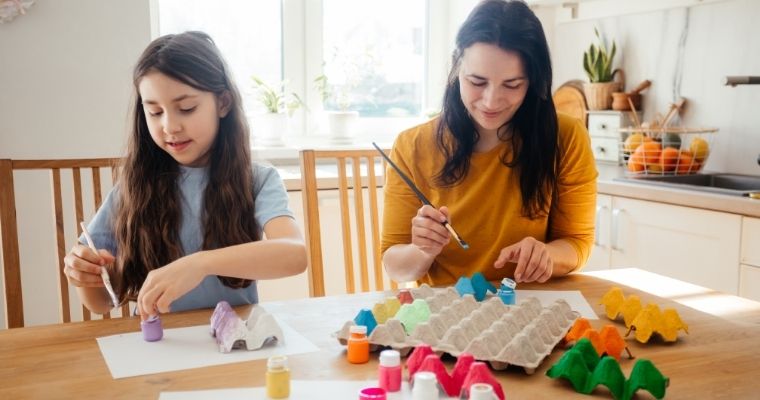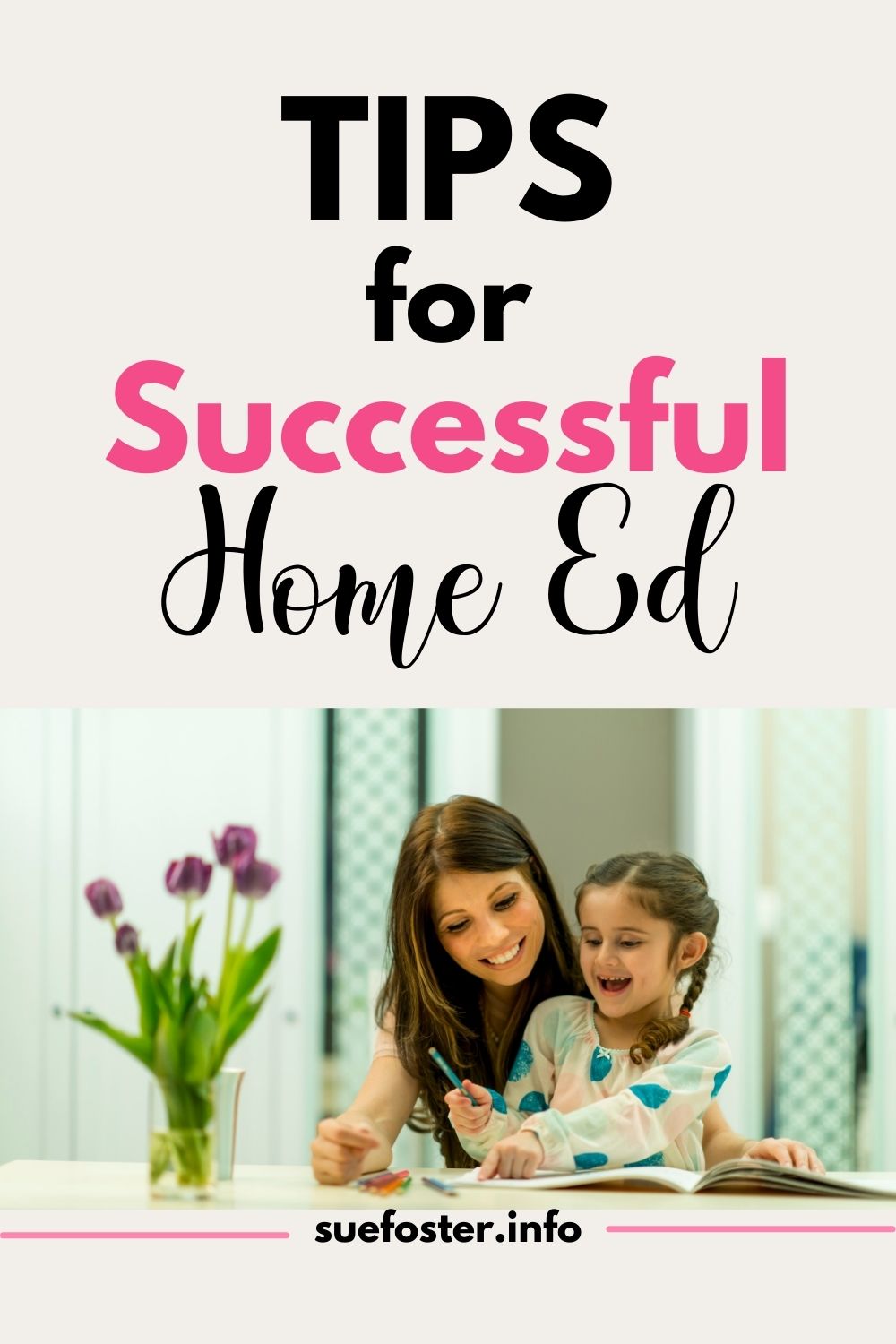Your children’s education is essential, and there are many things to think about when deciding to home-educate your kids.
You want to give your kids the best start in life that you can and home education includes so many things in addition to academics, such as physical skills, social skills, trips, sports, music, and much more.
Follow these tips to help you create a successful home education program for your children.

Research Home Education
It’s a good idea to research home education, read everything you can about and decide how you are going to teach your children. Talk to other home-educating parents, as well as their kids, to learn from their experiences.
Join Home Education Groups
Join a local home education group. One of the best places to find out information about home education is from people who home-educate themselves. You will be able to ask them questions, let them review your practices, and they will show you what works for them.
You can also learn what age-appropriate activities are available, plus how the other parents make subjects available to their kids that they don’t have expertise in, such as a foreign language or playing a musical instrument.
Many local home education groups have arranged all sorts of things for the kids, including days out, sports, and even competitions.
By joining home education Facebook groups you can chat with other parents, get much-needed support and find out lots of information.
Decide How You’re Going To Educate Your Kids
In the UK as long as your child receives an education there is no requirement to follow the National Curriculum. Some parents, however, like to do this just in case they decide to put their children back in school at a later date.
Create Your Own Space for Home Education
Decide where in the house your children will be taking lessons. Will you be using the kitchen table, or do you have a spare room available to set up for homeschooling?
Do you need a blackboard or a desk? What about a computer, exercise books, printer and space for storage?
Having a separate space and equipment just for home education is very useful so that you’re not getting in each other’s way and having to share devices.
Set Specific Goals & Create a Schedule
It is crucial when home educating to set specific goals. This is because you will likely be moving at a different pace from those in traditional schooling.
You’ll want to ensure that your child is learning as much as the other children of the same age. A planner can help you organise and keep track of what you’ve taught and plan lessons.
You may wish to have everything planned out for your child by someone else, for this, you could use an online platform with tutors like Tutor Hunt where you can search for tutors online or in person, Oak National Academy, a free online classroom made by teachers, Oxford Home Schooling, or even a home education app like Ed Place which covers year 1 to GCSE and the pricing is very reasonable. There are also plenty of resources on YouTube.
Ensure That Your Child Doesn’t Become Isolated
Include time in your children’s schedule for physical activity, socialising and making friends. Extracurricular activities are important. So are social skills.
If in-person meetups aren’t practical due to the COVID risk, try connecting online and meeting outdoors whenever possible.
Networking with other parents will help keep you in the loop about what activities are available for your child.
Even though you’ve made a plan, remember you’re allowed to be flexible. That’s one of the benefits of home education.
Home education isn’t suitable for all children or all parents, but if you are home-educating, keep these tips in mind for a successful program that can benefit your children for life.


